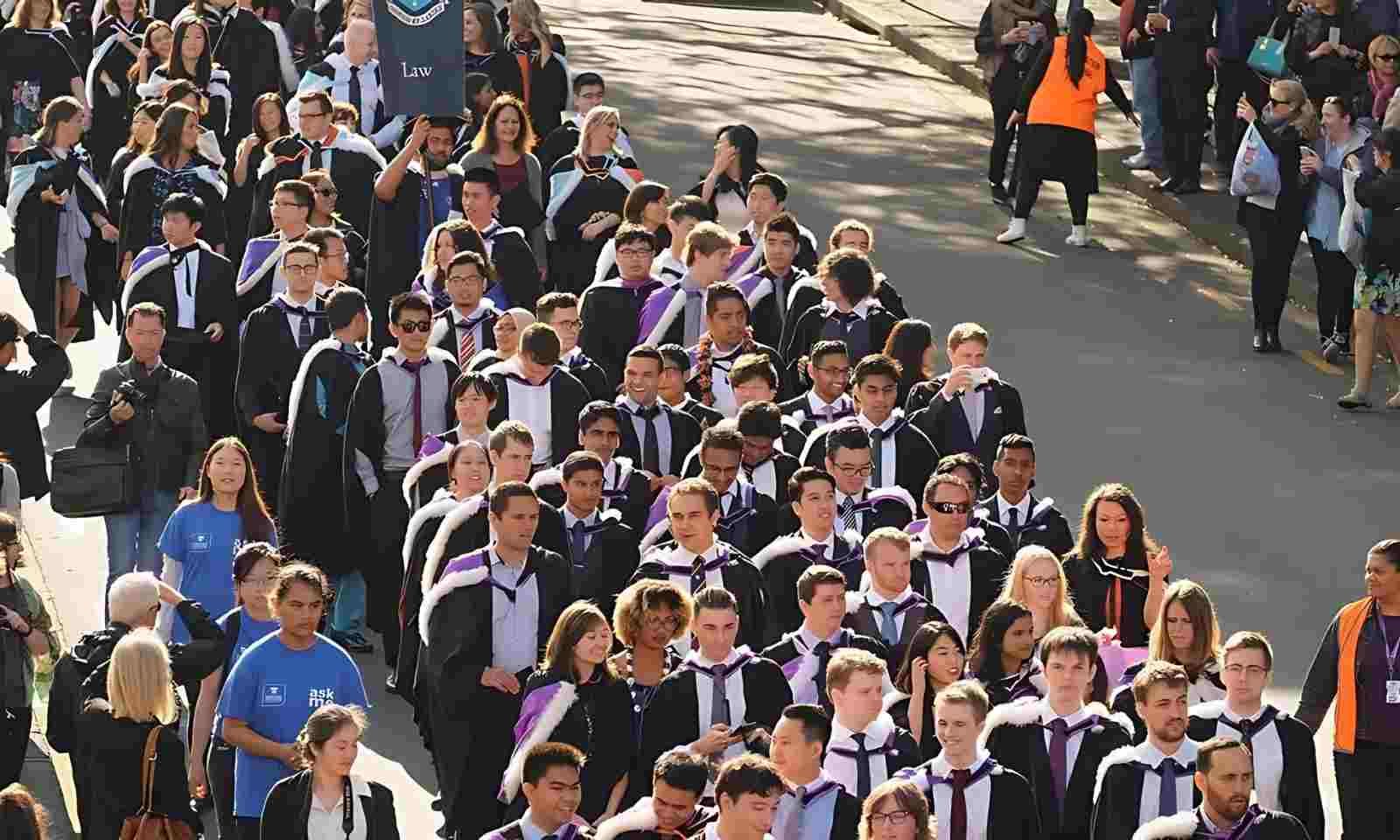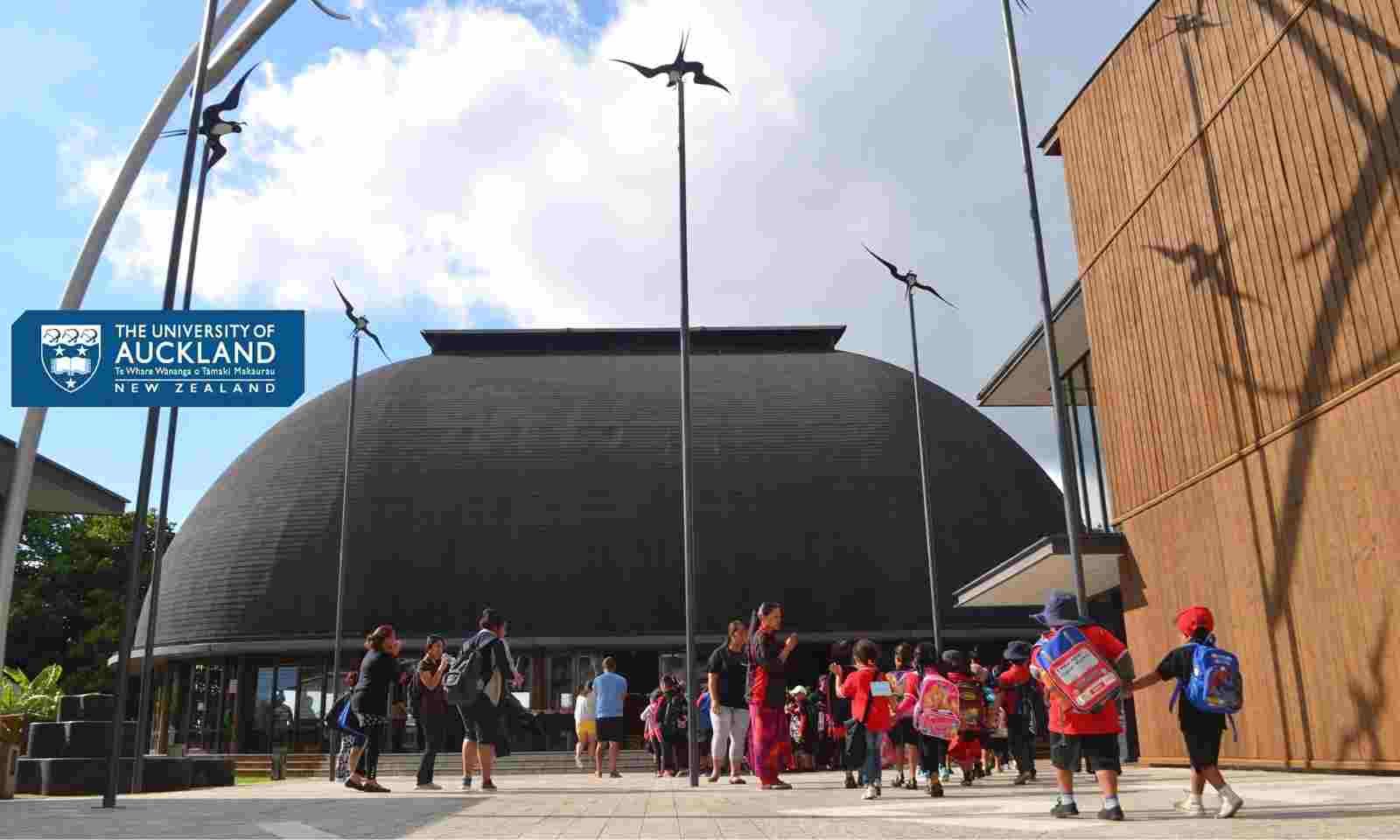

Professor Jemaima Tiatia-Siau says the Pacific Strategy solidifies Pasifika solidarity with Māori.
Photo/supplied
Auckland University has a new strategic direction for Pasifika
Pro Vice-Chancellor Jemaima Tiatia-Siau says the work in creating the university's first Pacific Strategy in 141 years is in its early stages of development.



‘We Are Not Your Dusky Maidens’: Pacific women reclaim their stories

Pacific representation in focus as parties gear up for 2026 election

Tokelau election delay exposes fragile Pacific Islands transport links


Sāmoa approves millions in school payout as funding questions remain

‘We Are Not Your Dusky Maidens’: Pacific women reclaim their stories

Pacific representation in focus as parties gear up for 2026 election

Tokelau election delay exposes fragile Pacific Islands transport links
After 141 years, the University of Auckland is developing its first-ever Pacific strategy.
The university says it aims to amplify Pacific voices, values, and aspirations within and beyond its Waipapa Taumata Rau community.

Auckland University has more than 40,000 students, with about 4000 of them are Pacific. Photo/UoA
Pro Vice-Chancellor Pacific, Jemaima Tiatia-Siau, tells William Terite on Pacific Mornings that it's been a long time coming.
"We consider that it's probably timely to have a Pacific strategy, following on from Kawaieke, the Māori strategy, and Toitu Waipapa, which is our Māori framework.
"I think considering the political climate that we're in currently, it will be tough, extremely tough. But it's also an opportunity to solidify our solidarity with our tangata whenua and mana whenua at a time that is just completely uncertain and unstable.
"It's just an opportunity to increase our visibility in the university and beyond, and start thinking of some innovative ways to shift the dial."
There are more than 40,000 students at Auckland University, with about 4000 of them Pacific students and staff, according to the university's 2023 Pacific stats.
The Pacific Strategy sets out five priorities that build on the important gains made for and by Pacific people at the university, Tiatia-Siau says.
These include fostering Pacific research excellence, aiding researchers, faculties, and units in identifying opportunities, building capacity, and connecting.
"It's one thing to have a strategy and another to implement it. We're in the development of a strategy and we're seeking to look at five main areas. One is shifting the dial for our Pasifika students, and growing Pacific-led research.
"We're in the throes or at the penultimate version of a Pacific staffing strategy. What can be done for existing staff? Re-engaging with our alumni and reaching out to potential donors.
"The tertiary sector is under some fiscal constraints and we consider that, you know, across the eight institutions, it just makes sense that we work a whole lot closer with our other universities and bring our Pacific community a whole lot closer together."
On the current political climate, she says the university has been "hit in many ways" about the commitment it has made to both Māori and Pacific and other priority populations.
Tiati-Siau says the university supports the Pacific Strategy "regardless of whatever government is in power.

The Fale Pasifika at Auckland University. Photo/Pacific at the University of Auckland
"At the end of the day, we are intentional in our support. I mean, the last time I was on PMN, we were talking about the vitriol we had experienced about dedicated Pacific and Māori spaces on campus.
"Yet we know and the evidence clearly shows that where these spaces are dedicated to these populations they're likely to succeed.
"And that's what we're all about, you know, student success and elevating Pasifika staff successes as well."
Tiatia-Siau says some of the challenges include "exposing things that we've already known, but it's giving a guide, particularly for our non-Pacific - our enablers and our allies.
"We have a lot of international staff and students as well. And it's important that if they come into Aotearoa, they know exactly where Pasifika are positioned, particularly in terms of alongside Tangata Whenua.
"It's an opportunity to highlight Waipapa Tatau Hono and our ancestral ties with Māori. I consider it critical that any student who enrolls in our university or any staff member who is employed, that they know exactly the deep history that runs through that university.
"And just giving voice and visibility because it's very easy when you're in a colonial-type structure to be disconnected from one's community and the values.
"It's just bringing that all back in and reminding our students and staff that you know a university is a place where they can see themselves and they are entitled to a quality education as everyone else in this country, but there are huge disparities and inequities.
"The Pacific Strategy will be like a guide or a stepping stone into the right direction as to how we can better serve our Pasifika communities, particularly our students."
Watch Professor Jemaima Tiatia-Siau's full interview below.